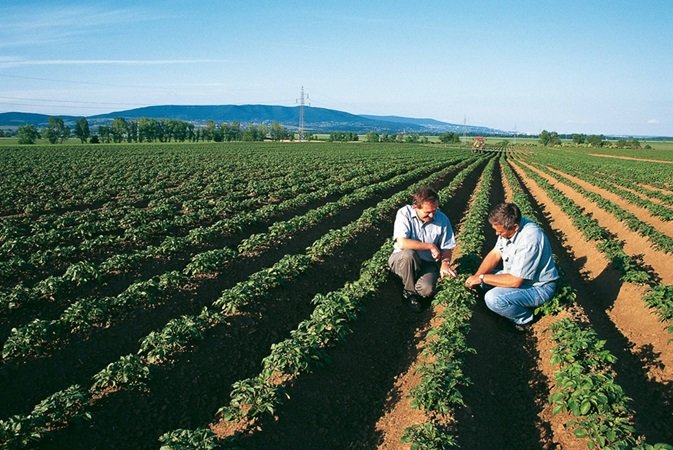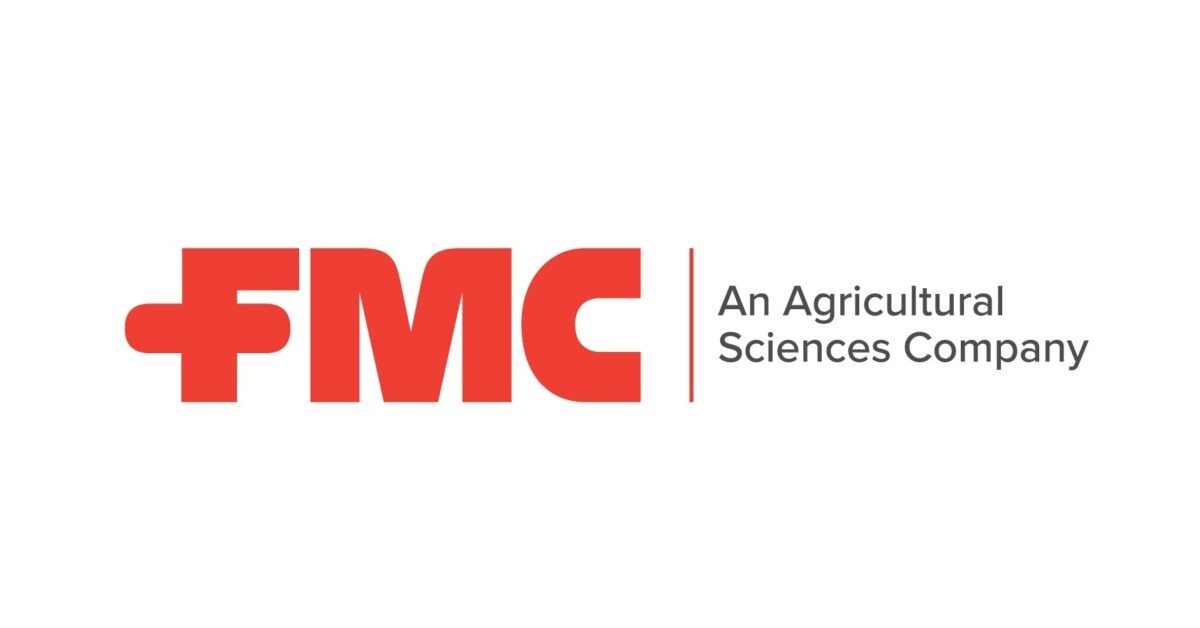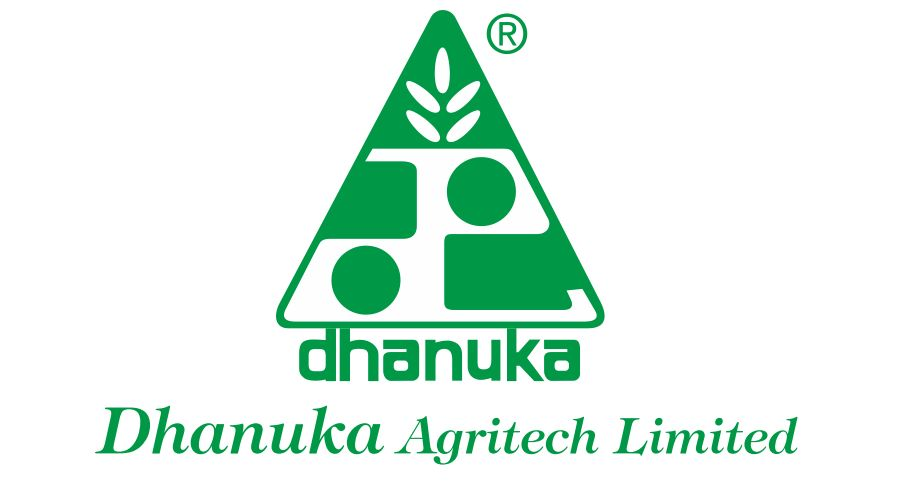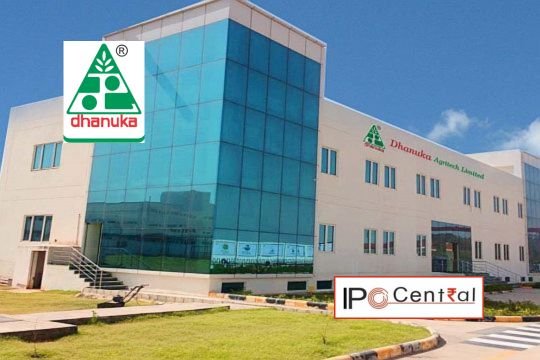Bayer and Ecospray ink distribution agreement for nematicide sourced from garlic
Bayer to distribute Ecospray’s new liquid nematicide with their exclusive brand, Velsinum™, across Europe, the Middle East, and parts of Africa starting in 2026.
Bayer today announced that the company has signed a new exclusive distribution agreement with UK-based Ecospray to market a biological liquid nematicide sourced from garlic. The product presents a biological alternative to traditional synthetic chemical nematicides in vegetable and potato crops and will be marketed in the European Union under the new name Velsinum™.
“Farmers in the EU are in desperate need of new, effective solutions against pests for their high-value vegetable crops,” said Jens Hartmann, Regional Head for Europe, Middle East, and Africa (EMEA) at Bayer’s Crop Science Division. “Velsinum will be a welcome addition into Bayer’s trusted portfolio of biological solutions and technologies supported by innovations like Velum, BioAct, Nematool and Terra MG.”
Nematodes cause over 75 billion euros worth of damage to crops globally each year with all crops facing at least one nematode pest threat. Velsinum will offer growers a new tool against nematode root damage with complementary benefits for both plant and soil health. Plants which can avoid root damage are better able to absorb available nutrients and also can withstand disease and pest pressure overall, all while safekeeping beneficial earthworm populations to maintain soil quality.
Ecospray’s knowledge and expertise of the naturally occurring bioactive compounds contained within garlic has allowed the company to develop effective plant protection products which take advantage of the natural nematicidal properties of garlic extract in order to create safe, effective and zero-residue solutions.
“We are excited to collaborate with Bayer on Velsinum, which is fully compatible with Bayer’s existing biological portfolio,” said Peter McDonald, CEO of Ecospray. “This partnership is a strong endorsement of Ecospray and its R&D capabilities developed over many years. We also greatly appreciate the ongoing support from our existing distributors in Europe Certis Belchim BV and CBC (Europe) SRL., who remain vital to our market development with our legacy product Nemguard.”
Bayer’s partnership with Ecospray continues Bayer’s work to bring new botanical and biological solutions from the open innovation ecosystem to growers, while encouraging diversity in modern agricultural practices and enabling additional regenerative agricultural practices. With Bayer’s trusted brand, global commercialization capabilities, and unparalleled agricultural systems expertise Bayer helps to bring effective biological products to market more quickly.
Bayer to distribute Ecospray’s new liquid nematicide














